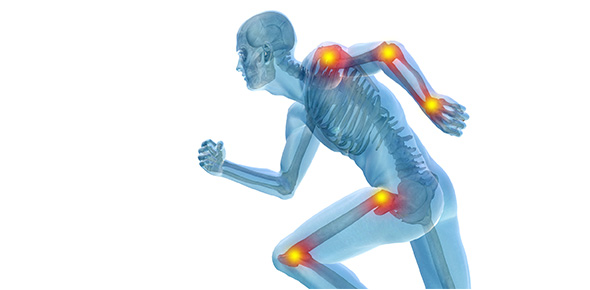Related Flashcards
Related Topics
Cards In This Set
| Front | Back |
|
Partial Reinforcement
|
A reward that occurs after some, but not all, occurrences of a behavior
|
|
Classical Conditioning
|
The concept that after the repeated pairing of an unconditioned stimulus that elicits an unconditioned response and a neutral stimulus, the previously neutral stimulus can come to elicit the same response as the unconditioned stimulus
|
|
Generalization
|
The tendency for similar stimuli to evoke the same response
|
|
Discrimination
|
The concept that a conditioned response will not occur for all possible stimuli, indicating that an animal can learn to tell the difference between different stimuli
|
|
Extinction
|
The process by which the frequency of the organism's producing a response gradually decreases when a) classical conditioning: the conditioned stimulus is no longer paired with the unconditioned stimulus.b) operant conditioning: the response behavior is not longer followed by the reinforcement
|
|
Behaviorism
|
The learning approach to psychology introduced by Watson that emphasizes the study of observable behavior ex. Si no lo ve, no lo cree
|
|
Systematic Desensitization
|
Gradually extinguishing a phobia by causing the feared stimulus to become dissociated from the feared response
|
|
Thorndike's Law of Effect
|
Thorndike's concept that the consequence of a behavior will either strengthen or weaken the behavior; that is, when a response follows a stimulus and results in a satisfaction (reinforcement) for the organism, this strengthens the connection between the stimulus and response; however, if the response results in discomfort or pain (punishment), the connection is weakened.
|
|
Operant Conditioning
|
The changing of behavior by manipulating its consequences
|
|
Shaping
|
The process in which undifferentiated operant behaviors are gradually changed or shaped into a desired behavior pattern by the reinforcement of successive approximations, so that the behavior more and more resembles the target behavior
|
|
Radical Determinism
|
The belief that all human behavior is caused and that humans have no free will ex. Skinner
|
|
Social Learning Theory
|
A theory that proposes that habits are built up in terms of a hierarchy of secondary drives
|
|
Secondary Drives
|
In social learning theory, drives that are learned by association with the satisfaction of primary drives
|
|
Habit Hierarchy
|
In social learning theory, a learned hierarchy of likelihoods that a person will produce particular responses in particular situations
|
|
Act Frequency Approach
|
Assessing personality by examining the frequency with which a person performs certain observable actions
|







